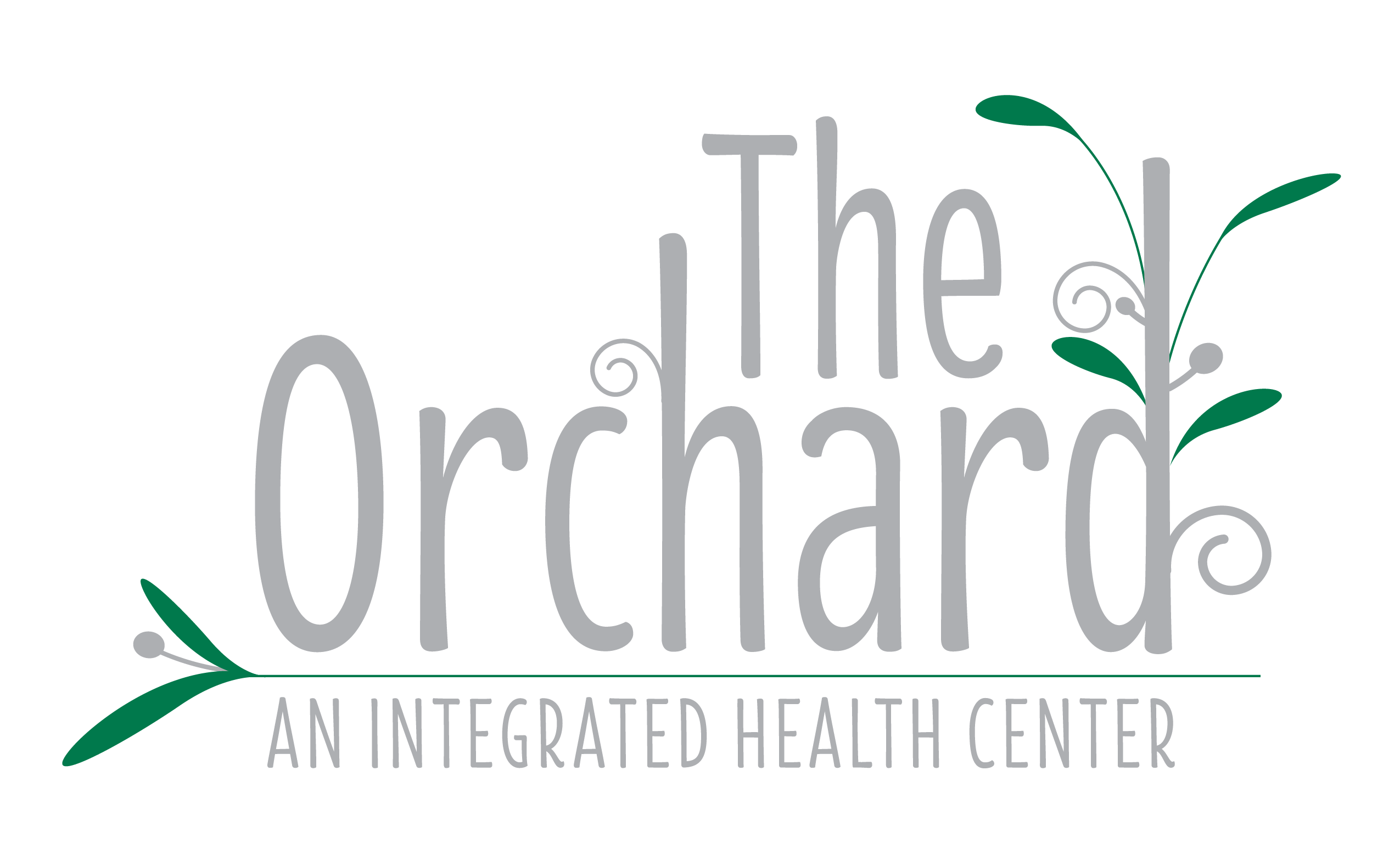This is a continuation of our Podcast series about Surviving the Holidays with less stress.
Listen to the full episode:
Here’s the transcript:
Today, we are continuing our tips on how to actually enjoy the holidays instead of dreading them.
Today’s tip is to be careful of “shoulds.”
Just think about how much stress comes from that word: Should. You should do this and you should do that. That word really obligates you to the speaker of the word.
Who is that speaker that you are trying to appease? Who is shoulding on you?
The speaker can be society saying you should bake 30 different treats on top of working your 40 hour work week and everything else you regularly do.
The speaker can be family saying that you should or shouldn’t live your life this or that way or that you should spend your holidays in certain ways.
The worst speaker of the word “should” is you. When you are constantly telling yourself that you “should” have done this yesterday or last week or that you “shouldn’t” have said or done this or that, what you’re telling yourself is that you’ve failed. That’s what it means when anyone says it to you, and it’s what you’re saying if you’re saying it to someone, including yourself.
When someone shoulds on me, I know that I often feel shame for whatever I “should” have done. I know that I often feel like someone is blaming me for their plans not going the way they wanted them to. And that’s their problem. But when I should on myself, it’s a lot harder to not take it personally because I’ve shamed and blamed myself!
So how do you stop using the word “should” to shame and blame yourself?
Should is a word that easily creeps into our vocabulary, and sometimes we really can’t help it. That’s okay! I’m not going to “should” on you and tell you that you shouldn’t use the word “should.”
Now what you can do is reframe that context and the intent.
We just had a great Clinical Psychologist move into the Center named Dr. Tiah Terranova, and she always tells her clients to shift the word should to wish, want, hope, or intend.
So instead of “I should have been on time,” you can say “I wish to be on time,” “I want to be on time,” “I hope to be on time,” or “I intend to be on time.”
How much better does that feel? A wish has no obligation to it. A want shows a true desire. A hope shows a goal. An intent shows the original plan.
This is a great way of changing the way you communicate in a small way. You can also give subtle nudges toward this type of language when someone else is shoulding on you. An example of this is someone saying “You should have been on time,” you can respond with “Well I intended to be on time.” You don’t have to say anything after that. Just stating your intention can be the end of it.
By changing the way you communicate with others and yourself around the word “should,” you will be more open to a more genuine connection with those around you.
Stop shoulding on yourself. Instead, wish, want, hope, or intend.
